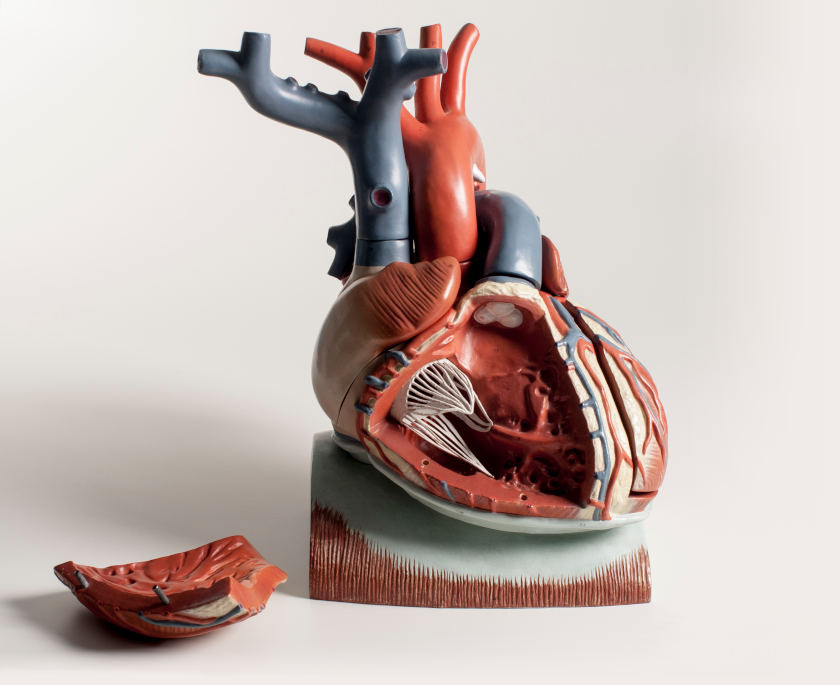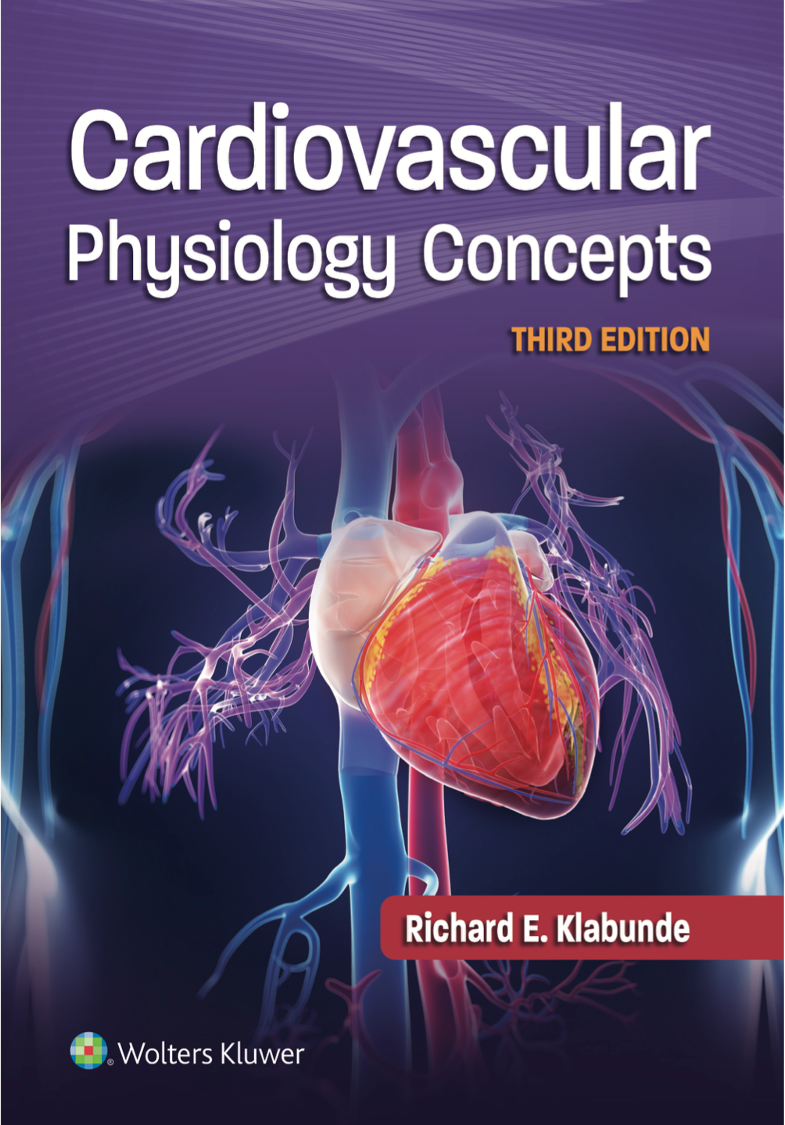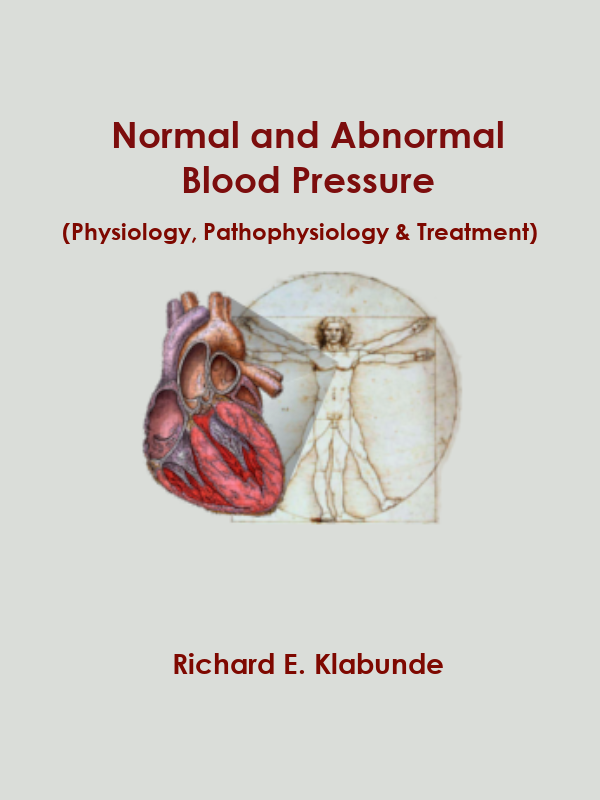Pulmonary Edema
Pulmonary edema is a condition associated with increased loss of fluid from the pulmonary capillaries into the pulmonary interstitium and alveoli. Pulmonary edema of cardiac origin most commonly results from an increase in pulmonary capillary pressure caused by an elevation of left atrial pressure (pulmonary capillary wedge pressure) associated with left ventricular failure or valve disease (e.g., mitral or aortic regurgitation, mitral or aortic stenosis). Pulmonary artery hypertension can also lead to elevated capillary pressures and pulmonary edema. The physical factors and dynamics of edema formation are discussed elsewhere.
Pulmonary edema is a serious condition because it impairs gas exchange and decreases pulmonary compliance, which increases the work of breathing.
Revised 12/27/2022

 Cardiovascular Physiology Concepts, 3rd edition textbook, Published by Wolters Kluwer (2021)
Cardiovascular Physiology Concepts, 3rd edition textbook, Published by Wolters Kluwer (2021) Normal and Abnormal Blood Pressure, published by Richard E. Klabunde (2013)
Normal and Abnormal Blood Pressure, published by Richard E. Klabunde (2013)